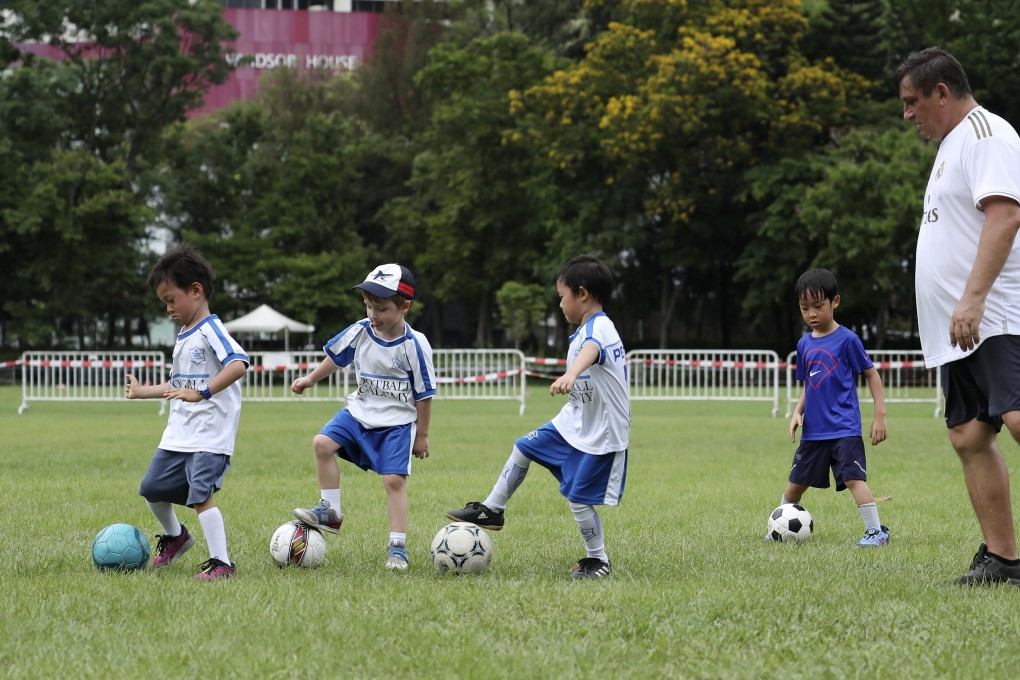Letters | Coronavirus social isolation: how to let the kids know they are not alone
- Children are incredible and resilient in ways adults can definitely learn from, but a little more parental interaction will go a long way to support them as they transition into the Covid-19 “new normal”

Social isolation is one of the markers we at Viva, a global charity focused on helping vulnerable children, use when deciding who are most vulnerable and in need of our help. We ask community workers and local governments to point us in the direction of the most isolated children. We ask teachers to identify students who skip school regularly and those whose parents provide repeated excuses for absenteeism.
But what happens to our own children as social distancing is encouraged and even enforced in a Hong Kong already grappling with the long-term closure of schools? What will the long-term effects be? What can we do to ensure they do not suffer developmentally?
Here are some basic tips to help children release stress and build for the future.
First, exercise. Ensure your children exercise daily; hiking, bouncing on a trampoline and running all prompt the release of endorphins, chemicals in the brain that act as painkillers and help the body to sleep, which in turn reduces stress.
Second: conversation. Engage with your children by discussing their day, asking them how they are feeling and listening to their responses. Often we feel as though we do not have answers to the questions children ask, but be alert, allow them to process conversations and give them the time necessary to fully engage.
